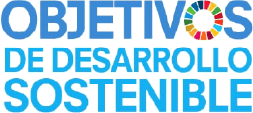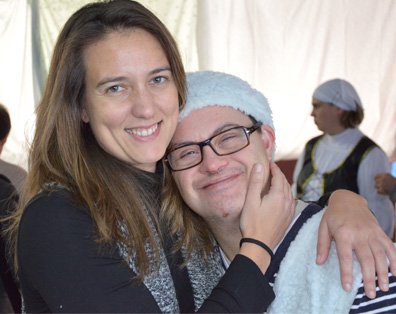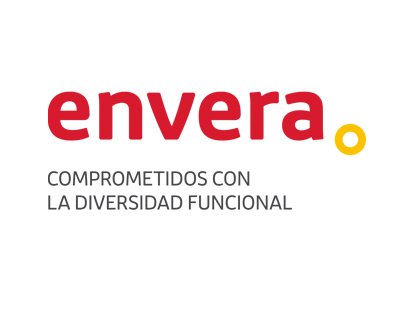On January 23, the draft of the new Volunteer Law was approved, which replaces the law that regulated volunteer action in our country 19 years ago. The draft law complements a law that no longer responded to the changes that have taken place in society and the third sector, and incorporates new forms of volunteering and new actors.
The most important novelties of this Law, which will entail an update of the volunteer plan for non-profit entities, are the following:
- The age of participation is extended: The participation of people between 16 and 18 years old is recognized, who will need the authorization of their parents or guardians to perform their work as volunteers. It also promotes accessibility to volunteer activity for people with disabilities and the elderly.
- Restrictions and protection of beneficiaries: Another important change is the restriction on volunteering for those convicted of crimes against minors, who may not participate in projects involving contact with them, and for those convicted of gender violence or domestic violence, who may not take part in programs involving contact with families, women or young people.
- Formalization of the volunteer agreement: It will be mandatory to formalize an Incorporation Agreement with all volunteers as well as the subscription of an insurance policy that covers the risks of accident or illness derived from the practice of the volunteer action.
- Incorporation of principles and values: The law recognizes that voluntary action should be governed especially by the principle of non-discrimination, and the principles of freedom, participation, solidarity, co-responsibility, complementarity, gratuity, equal treatment and accessibility.
- Facilitate volunteering by civil servants: People working for the public administration will be able to adapt or reduce their working day to carry out volunteer activities.
- Differentiates volunteering from employment: Ratifies that volunteering cannot involve any economic or material benefit and excludes other activities, such as scholarships, internships in companies or external academic internships, as a form of volunteering.
- It contemplates corporate volunteering: The law recognizes that companies may participate in volunteering activities as long as they are adapted to the general interest defined in the regulation. The employees themselves may join their projects if they so wish, without this meaning the termination of the contract.
- The role of universities: Establishes that higher education institutions will be able to academically recognize volunteer actions among their students, which is expected to motivate the participation of young university students through this incentive.









